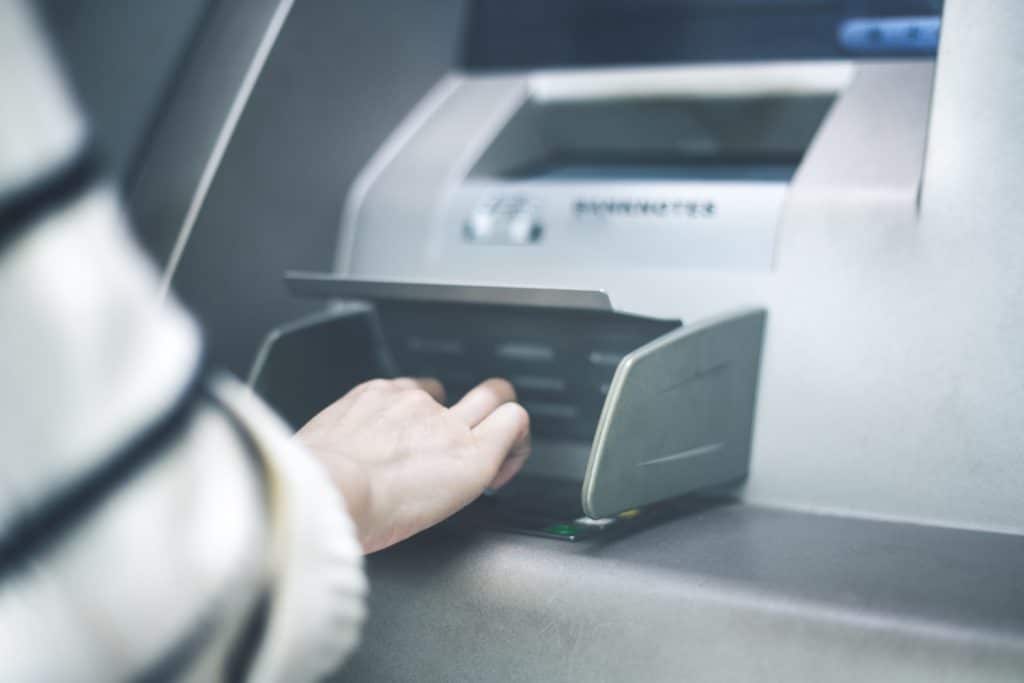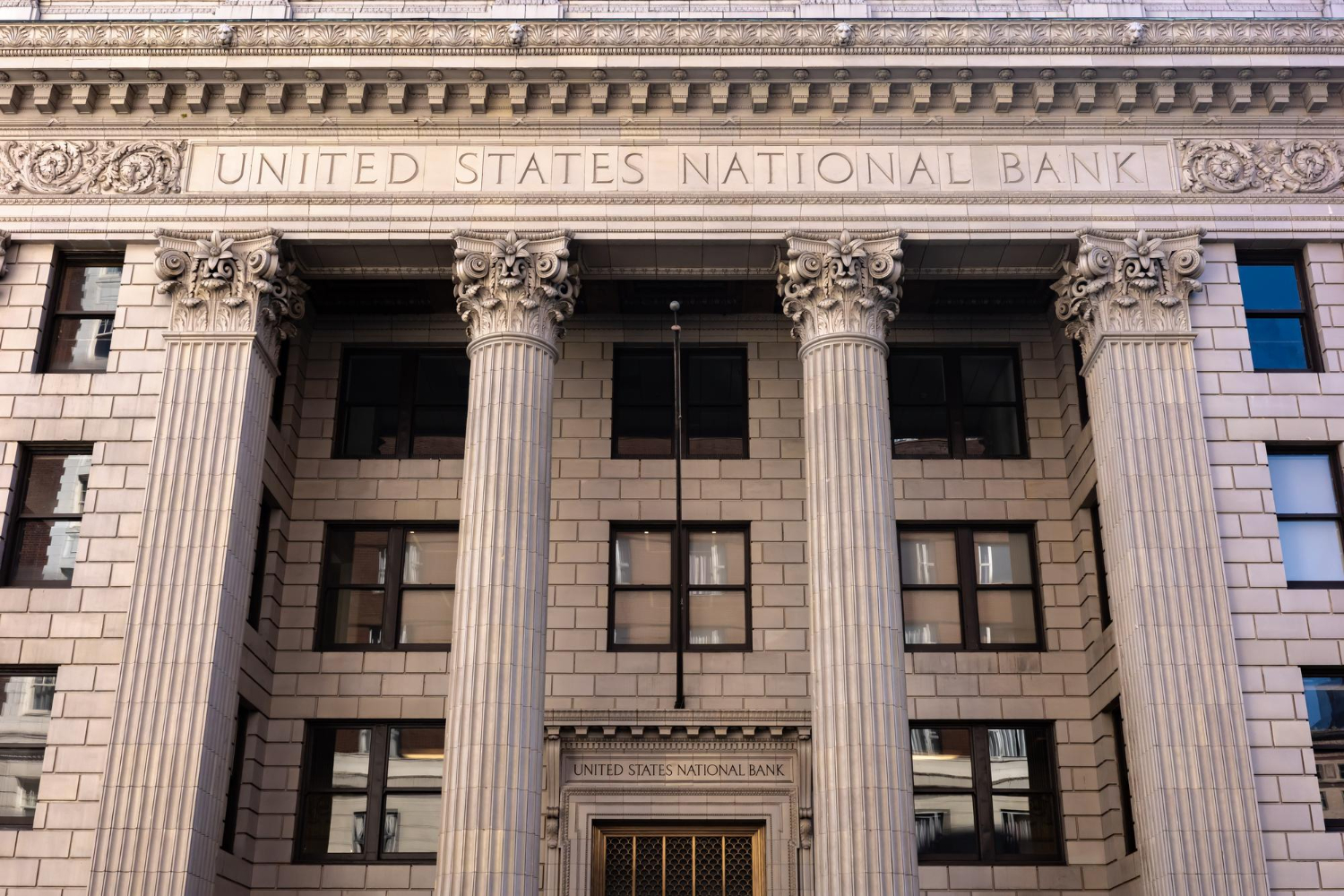National Bank: discover details about it!

Anúncios
Managing personal or business finances can be challenging, but understanding how a national bank works can help simplify the process.
National banks play a fundamental role in the U.S. economy, offering a wide range of services that impact both consumers and businesses.
So, if you want to learn more about how a national bank operates, keep reading to discover the details!
What is a national bank?
A national bank is a financial institution authorized and regulated by the federal government, specifically by the Office of the Comptroller of the Currency (OCC).
Unlike state-chartered banks, national banks follow federal guidelines and generally have a greater diversity of operations.
National banks typically have the ability to operate in multiple states, making them more accessible to a larger number of customers.
National banks play a crucial role in our financial system. They can issue currency, grant loans, and offer a variety of financial products and services, which helps stimulate economic growth.
Moreover, they are part of the Federal Reserve System, which gives them access to resources that help ensure the stability of the national economy.
How does a national bank work?
National banks operate under a federal charter, granting them a unique and exclusive legal status.
This charter allows them to serve customers across the country, unlike state banks, which must follow specific rules and regulations.
The OCC is responsible for ensuring that these banks comply with federal guidelines, including maintaining specific capital reserves and undergoing regular audits.
National banks perform many of the same functions as other types of financial institutions, such as accepting deposits, granting loans, and offering investment products.
However, their federal charter allows them to engage in more extensive activities, such as interstate banking, participation in large-scale financing projects, and handling international transactions.
They also play a key role in the distribution of federal funds and managing government accounts, such as processing tax payments or managing Treasury bonds.
Given their size and reach, national banks can often offer more competitive interest rates and a wider range of services than smaller regional banks.
They may also provide better online banking platforms, mobile apps, and customer support services due to their larger resources and investment in technology.

Key services offered
National banks offer a wide range of financial services to meet the needs of individuals, businesses, and governments. Here are some of the key services:
- Checking and savings accounts: National banks offer various options for checking and savings accounts tailored to different financial needs. Whether you’re looking for a basic account with minimal fees or a high-yield savings account, national banks have plenty of options.
- Loans and mortgages: National banks typically offer a wide range of credit services, including personal loans, mortgages, auto loans, and business loans. Their ability to offer competitive rates is often enhanced by their size and access to larger capital reserves.
- Credit cards: Many national banks issue credit cards with various benefits, including cashback, rewards points, and travel perks. These credit cards often provide robust fraud protection and customer service benefits due to the bank’s size and resources.
- Wealth management and investment services: National banks usually have dedicated divisions for wealth management and investments, offering services like retirement planning, brokerage accounts, and financial advisory. Their size allows them to offer these services at competitive rates, making them accessible to a wider range of clients.
- Business banking services: National banks are well-equipped to handle the banking needs of businesses, from small companies to large corporations. Services include business checking accounts, loans, lines of credit, payment services, and payroll management.
Get to know the major national banks in the country
Several national banks dominate the U.S. financial landscape, offering coast-to-coast services. These institutions often set industry standards due to their size, reach, and influence.
Some of the most notable national banks include:
- JPMorgan Chase: One of the largest banks in the U.S., Chase offers a wide range of services for individuals, small businesses, and large corporations. With its advanced technological platform, Chase is known for its user-friendly online banking services.
- Bank of America: Bank of America serves millions of customers worldwide, offering everything from personal banking services to complex investment services. Its extensive ATM network and accessibility of branches make it a popular choice.
- Wells Fargo: Known for its extensive branch network, Wells Fargo is a major player in personal and business banking. Its services range from basic checking accounts to more complex wealth management solutions.
- Citibank: Citibank is a leader in international banking services, making it an excellent choice for those who need access to global banking services. It also offers competitive credit card options with rewards programs.
Difference between a national bank and a regional bank
The main difference between a national bank and a regional bank lies in their management and regulation.
National banks operate under a federal charter and can offer services nationwide. In contrast, regional banks typically serve specific geographic areas and are usually state-chartered.
Regional banks tend to focus more on local communities and may have fewer resources for advanced technologies or national services.
However, they often provide more personalized customer service and may have better relationships with local businesses.
For consumers, the choice between a national bank and a regional bank depends on their specific needs.
If you travel frequently, need access to a wide variety of financial products, or want the convenience of a large network, a national bank may be the best option.
On the other hand, if you prefer working with a smaller institution that knows the local market, a regional bank might be more attractive.

Who is a national bank recommended for?
National banks are ideal for clients who need a wide variety of services and the ability to access their accounts from virtually anywhere.
These banks are especially beneficial for individuals who travel frequently, need advanced online banking features, or require sophisticated financial products like investment accounts or large-scale business loans.
Moreover, national banks are well-suited for businesses operating in multiple states or internationally.
Their large scale allows them to offer comprehensive services to business owners, such as payroll management, payment services, and specialized business loans.
On the other hand, national banks may not be the best option for people who prefer more personalized service, as customer service can sometimes feel less individualized due to the size of operations.
Did you discover how a national bank works? Take the opportunity to improve your financial life by investing in a reliable bank.
We hope you enjoyed the content! Keep following other posts on the site for more information.
Want a great suggestion? Also, check out our content explaining whether it’s really worth buying credit cards for travel!





